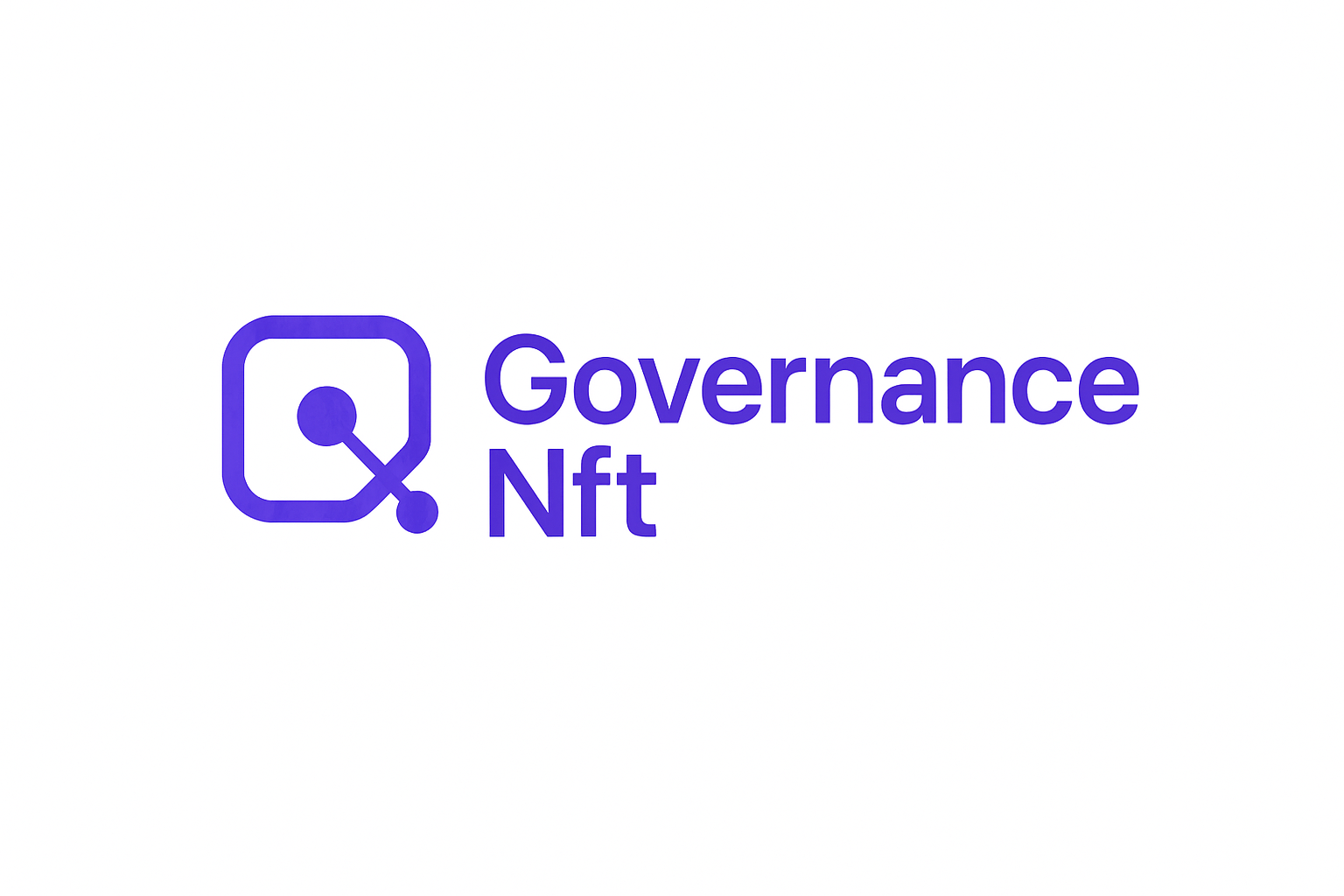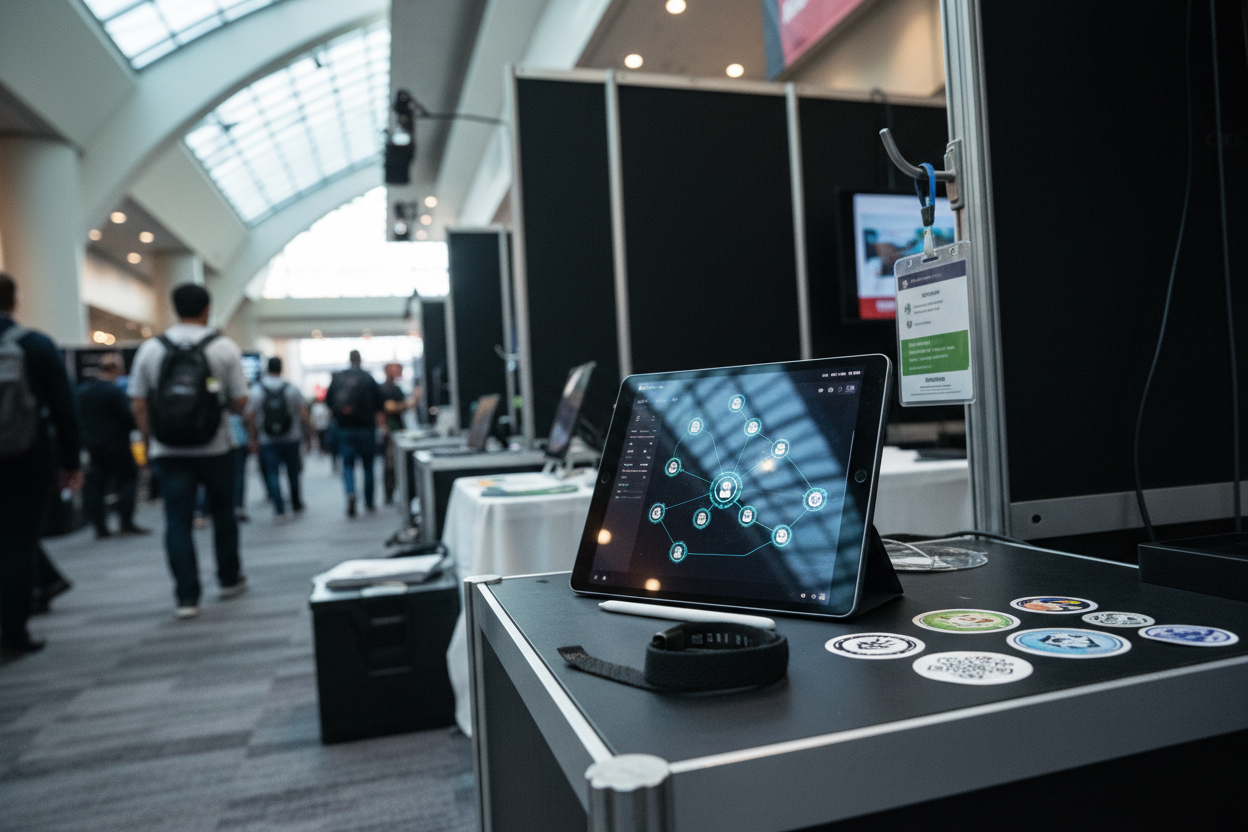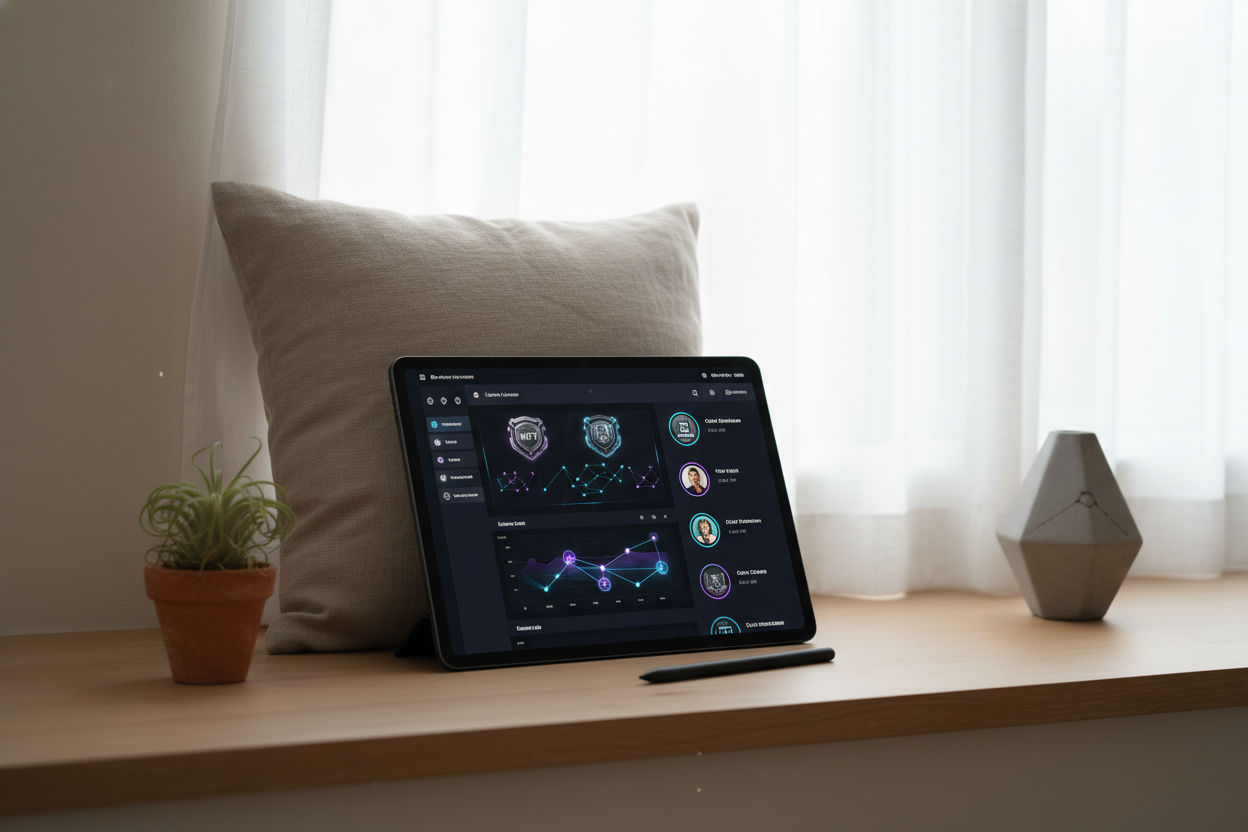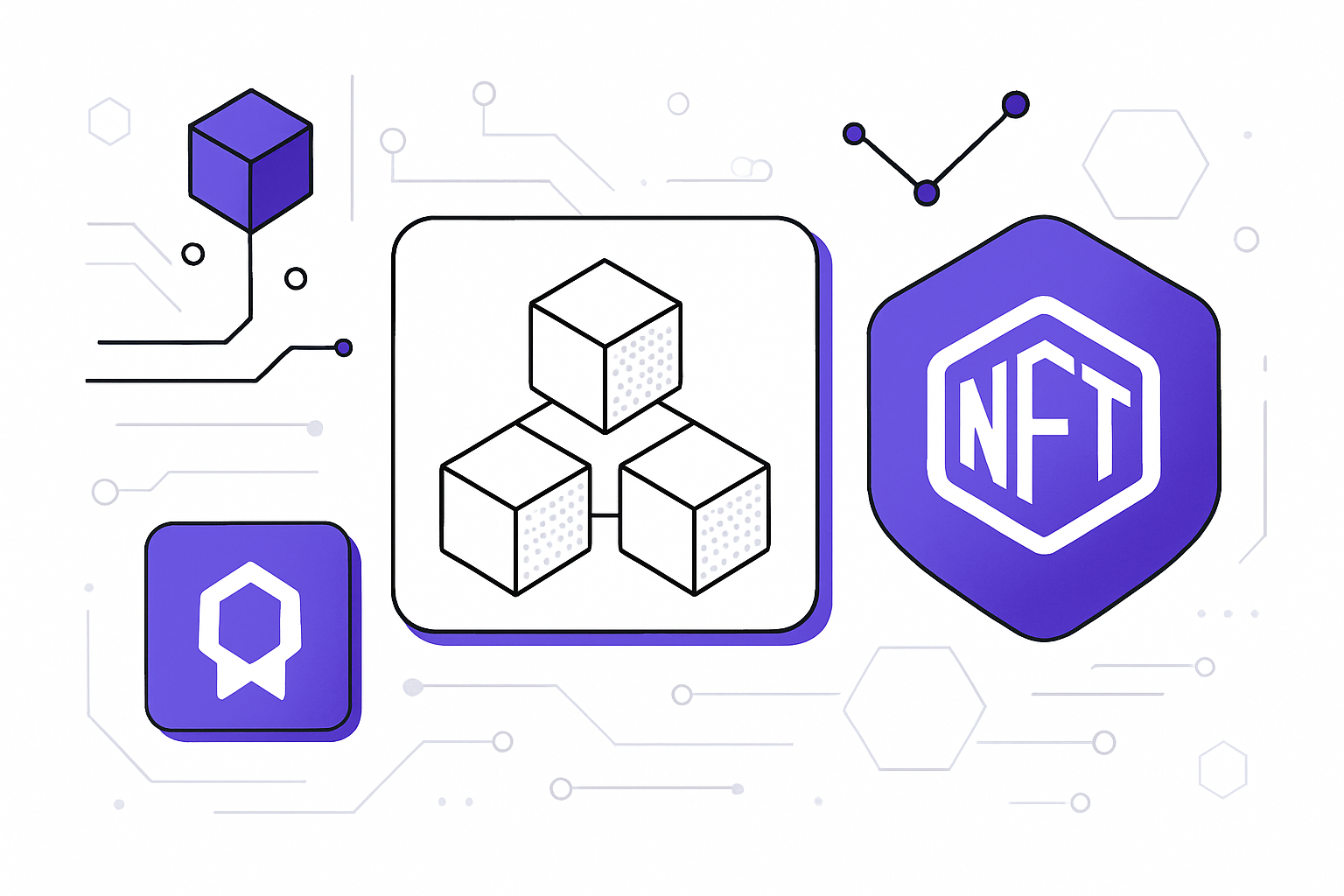
DAO governance is experiencing a profound shift, and at the heart of this transformation is social mining paired with governance NFT badges. Instead of simply rewarding those with the deepest pockets, DAOs are now using custom NFT badges to recognize, verify, and empower members based on their actual contributions. This approach is not just about handing out digital trophies – it’s about fundamentally reimagining what influence and participation look like in decentralized organizations.
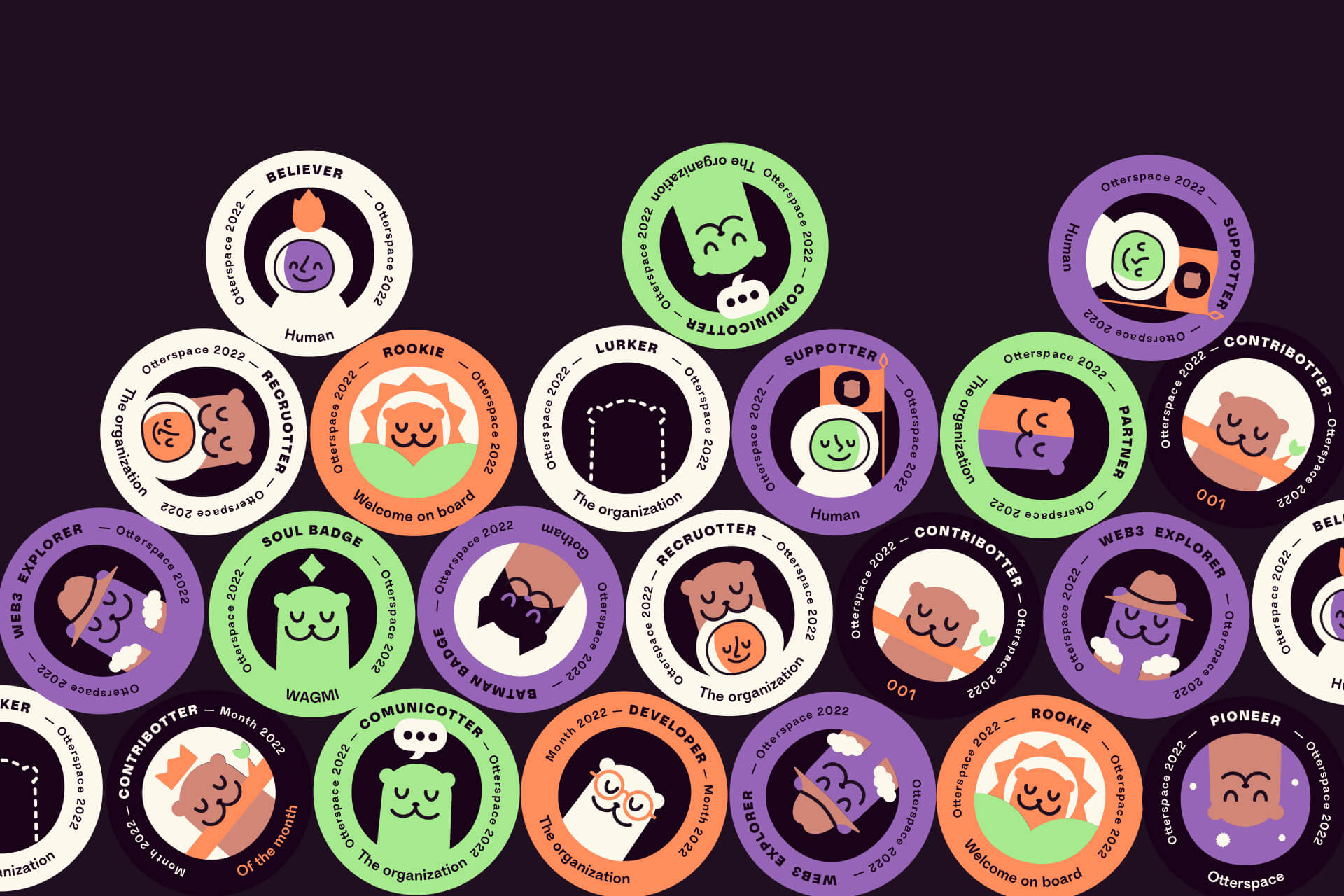
How Social Mining is Changing the Rules of DAO Engagement
Historically, DAO governance has been dominated by token-weighted voting. The more tokens you hold, the more say you have. While simple, this model often sidelines the most active contributors in favor of passive holders. Enter social mining: a system that tracks, verifies, and rewards meaningful participation with on-chain credentials. Through social mining, DAOs can issue NFT badges for roles like Builder, Backer, or Community Contributor, each serving as a public record of a member’s impact.
Platforms like Governance NFT Badges are leading this movement by offering tools for DAOs to design, mint, and manage these badges. The result? Enhanced transparency, more equitable participation, and a vibrant culture of recognition that goes beyond simple financial incentives.
From Token Holdings to Tangible Achievements: The Power of NFT Badges
What’s truly revolutionary is how NFT badges are redefining voting power within DAOs. Instead of relying solely on token balances, some DAOs now tie voting rights to badge ownership, aligning influence with real, verifiable contributions. For example, on platforms like Snapshot, DAOs can configure voting so that only members with specific badges can propose or vote on initiatives. This means that someone who’s built a critical smart contract or onboarded dozens of new users might have more governance weight than a passive whale.
Projects like Companeons DAO have taken this concept even further by introducing Portals Badges – non-transferable, soulbound tokens on Solana that are permanently linked to a member’s wallet. These badges serve as proof of early support and unlock exclusive ecosystem benefits. Similarly, Crypto Unicorns empowers players to stake their earned badges to boost their governance power, creating a direct feedback loop between engagement and influence. For more on these models, see this resource.
Key Benefits: Why DAOs are Doubling Down on Decentralized Voting Rewards
So, why are NFT voting badges gaining so much traction in the world of decentralized governance? Here’s what sets them apart:
Top 5 Benefits of NFT Badges for DAO Participation
-

Merit-Based Governance Power: NFT badges allow DAOs to assign voting rights based on actual contributions rather than just token holdings, promoting a more meritocratic and engaged community. Platforms like Snapshot enable DAOs to link badge ownership directly to voting power.
-
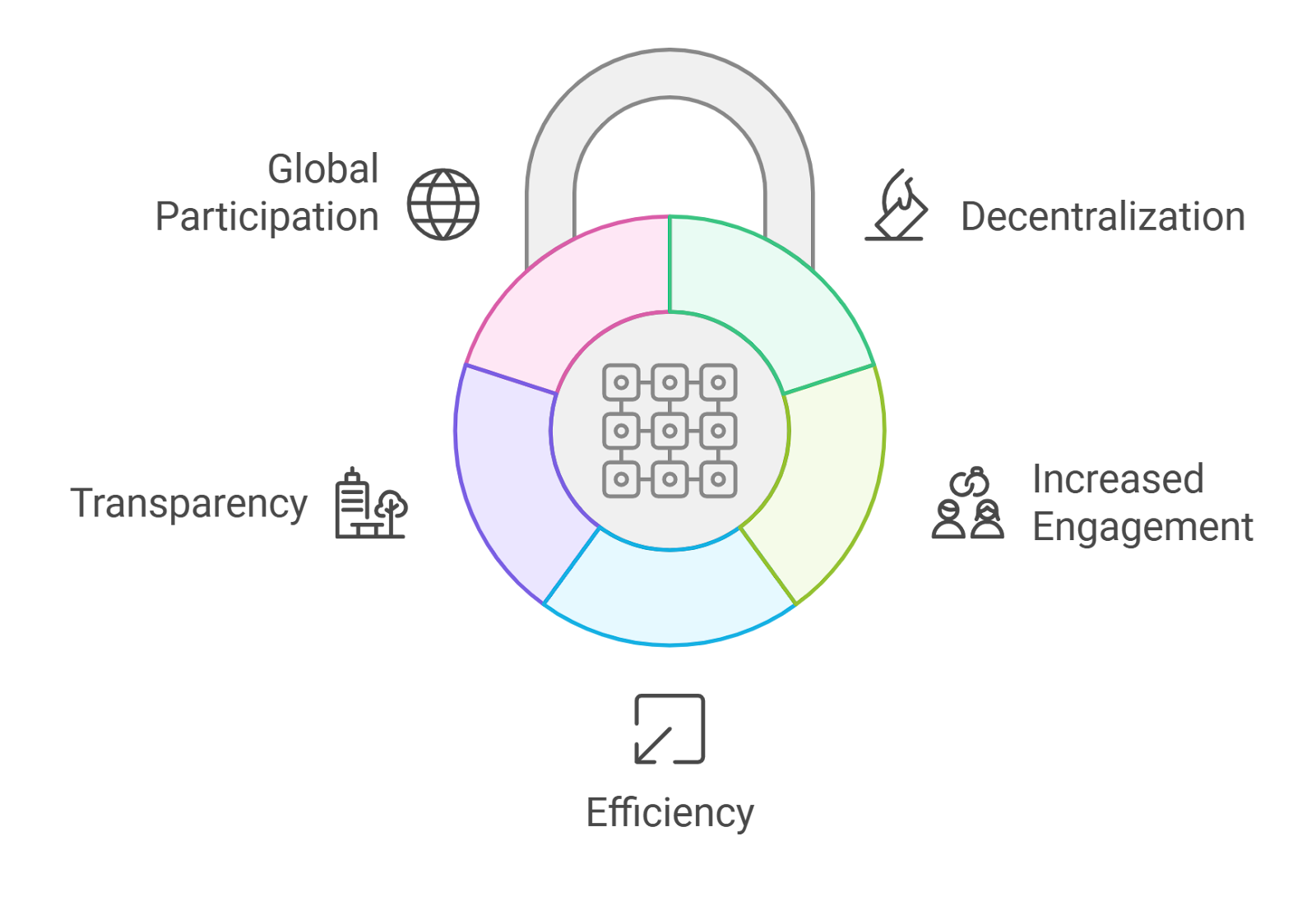
Transparent & Immutable Contributor Records: NFT badges create a public, on-chain record of member achievements, ensuring transparency and accountability within the DAO. This fosters trust among members and makes contributions easily verifiable.
-
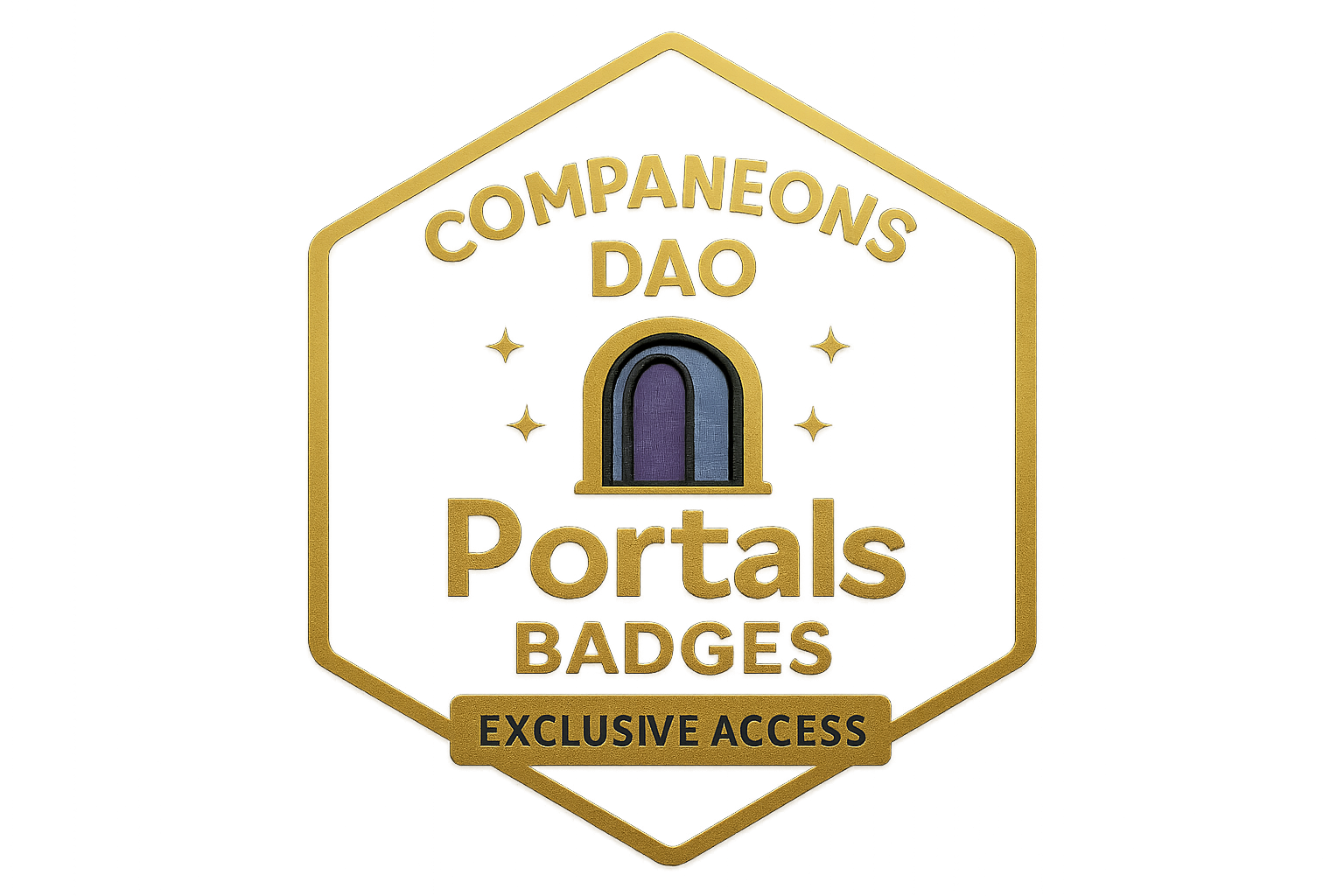
Exclusive Access & Tangible Rewards: Holding specific NFT badges can grant members exclusive benefits such as access to private channels, events, or eligibility for grants. For example, Companeons DAO Portals Badges provide special ecosystem perks to early supporters.
-
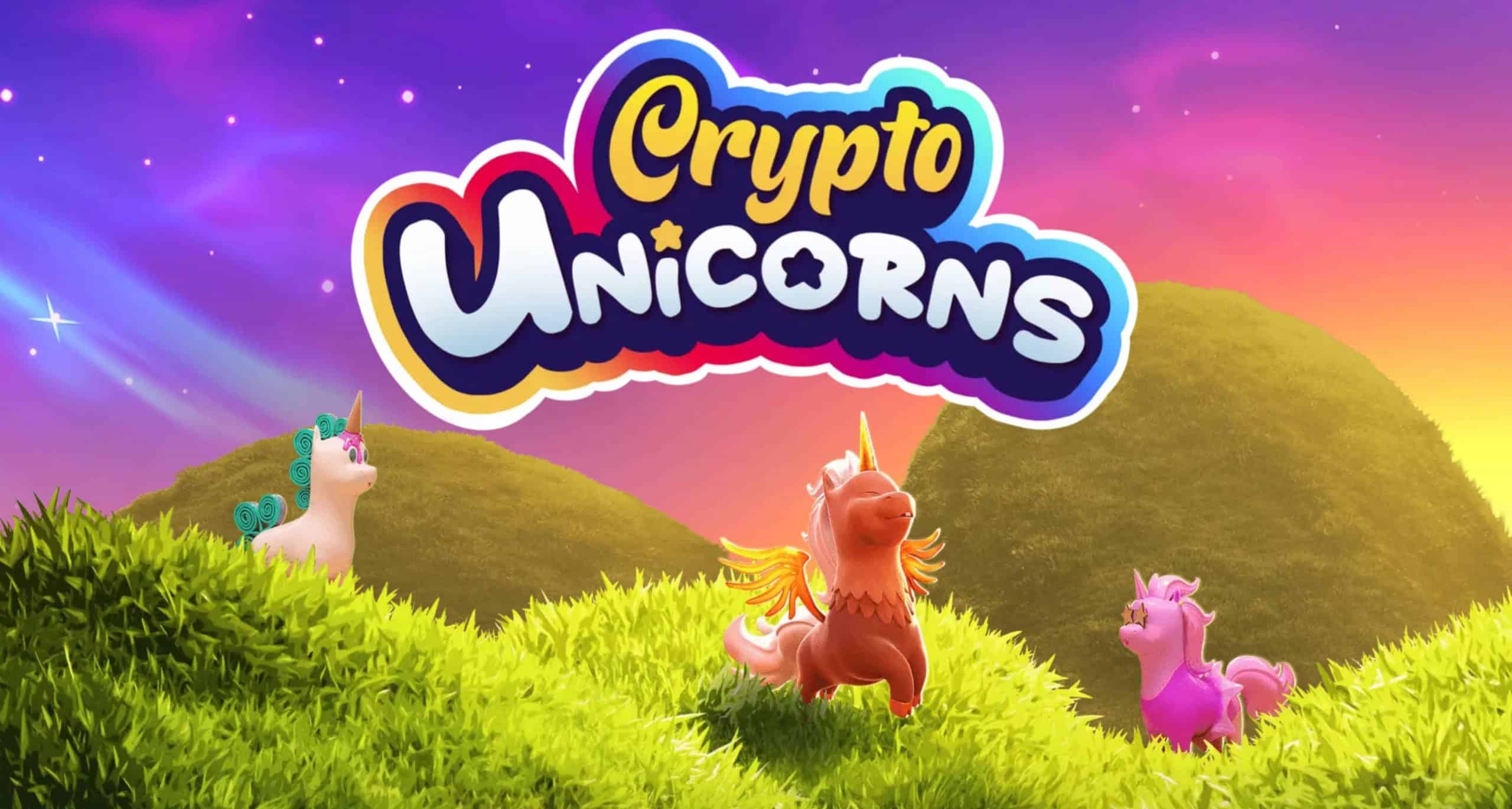
Gamification & Increased Engagement: NFT badges introduce game-like elements to DAO participation, motivating members to stay active and contribute more. Projects like Crypto Unicorns use activity-based badges to reward and empower engaged users.
-
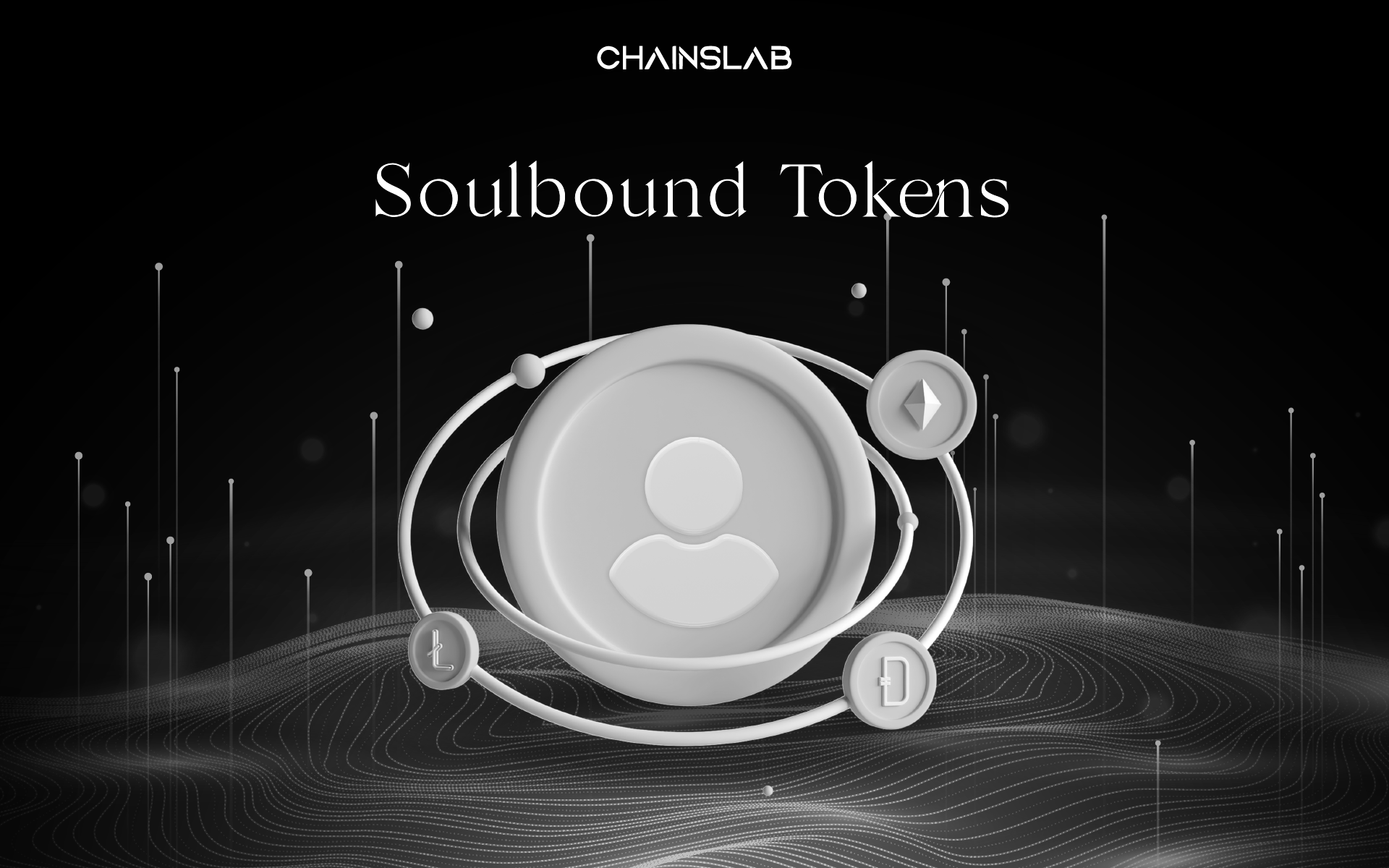
Non-Transferable Proof of Reputation: Some DAOs issue Soulbound Tokens (SBTs) as badges, which are non-transferable and permanently linked to a member’s wallet. This ensures that reputation and rewards are earned, not bought or sold, as seen with Companeons DAO’s Portals Badges on Solana.
By leveraging NFT badges, DAOs not only make their reward systems more transparent and meritocratic, but they also foster a sense of ownership and pride among contributors. Badges become living proof of each member’s journey and impact, viewable and verifiable by anyone on-chain. This transparency is a powerful antidote to the opaque decision-making that has plagued some token-based systems.
In the next section, we’ll explore practical strategies for implementing social mining and badge-based voting models in your own DAO, including real-world case studies and actionable steps for getting started.
Implementing Social Mining: Practical Strategies for DAOs
Adopting social mining and governance NFT badges isn’t just for headline-grabbing projects. Any DAO, regardless of size or focus, can tap into these systems to increase engagement and reward meaningful participation. The first step is to clearly define which actions or milestones deserve recognition, think code contributions, community moderation, educational outreach, or successful onboarding of new members. Next, leverage platforms like Governance NFT Badges to mint unique, tamper-proof badges that are transparently linked to member wallets.
For DAOs ready to push the envelope, integrating badge-based voting via tools like Snapshot is a game-changer. Not only does this shift governance power toward active contributors, but it also helps prevent governance capture by passive whales. Crypto Unicorns’ model, where badges can be staked to boost voting influence, is a stellar example of gamification meeting real-world impact. Meanwhile, soulbound approaches like Companeons DAO’s Portals Badges ensure that recognition is non-transferable and genuinely tied to individual achievement.
When designing your own system, consider the tradeoffs between reputation-based and token-based rewards. While tokens can incentivize capital inflow, reputation badges are far more effective for cultivating sustained, mission-aligned participation. As recent analysis shows, the most vibrant DAOs are those that blend both models, using badges to highlight qualitative contributions and tokens to reward quantitative milestones.
Case Studies: DAOs Leading the Way with NFT Badges
- Gains Network: Issues contribution points alongside token rewards, directly boosting governance weight and unlocking exclusive DAO privileges.
- DAOBase: Tracks wallet governance data and grows badges over time, offering access to whitelist lotteries and high-value rewards.
- Companeons DAO: Soulbound Portals Badges provide proof of early support and grant access to unique ecosystem benefits.
These examples underscore the flexibility and adaptability of NFT badge systems. Whether you’re running a DeFi protocol, a gaming DAO, or a social impact collective, custom badges can be tailored to fit your community’s unique culture and goals.
The Future of DAO Participation: Social Mining and NFT Credentials
As DAOs mature, the demand for transparent, merit-based governance is only going to grow. Social mining, powered by governance NFT badges, offers a compelling answer: a system where your impact is visible, verifiable, and rewarded. This approach doesn’t just make DAOs fairer, it makes them more resilient, more innovative, and more attractive to new contributors who want their work to matter.
Looking ahead, expect to see even more sophisticated badge systems, including dynamic NFTs that evolve alongside member activity, and cross-DAO recognition frameworks that let contributors port their reputations between communities. The era of passive participation is ending. With social mining and NFT badges, DAOs are building governance systems as diverse and dynamic as the communities they serve.
